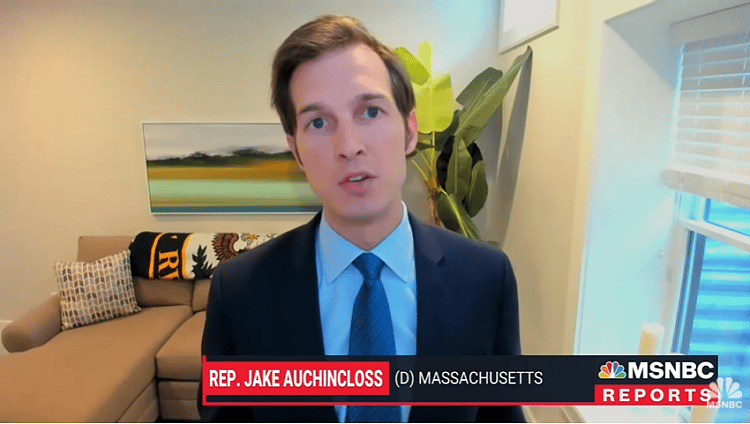News

Massachusetts Supreme Judicial Court Strikes State’s Application of Capital Gains Tax

By Colin Young
State House News Service

